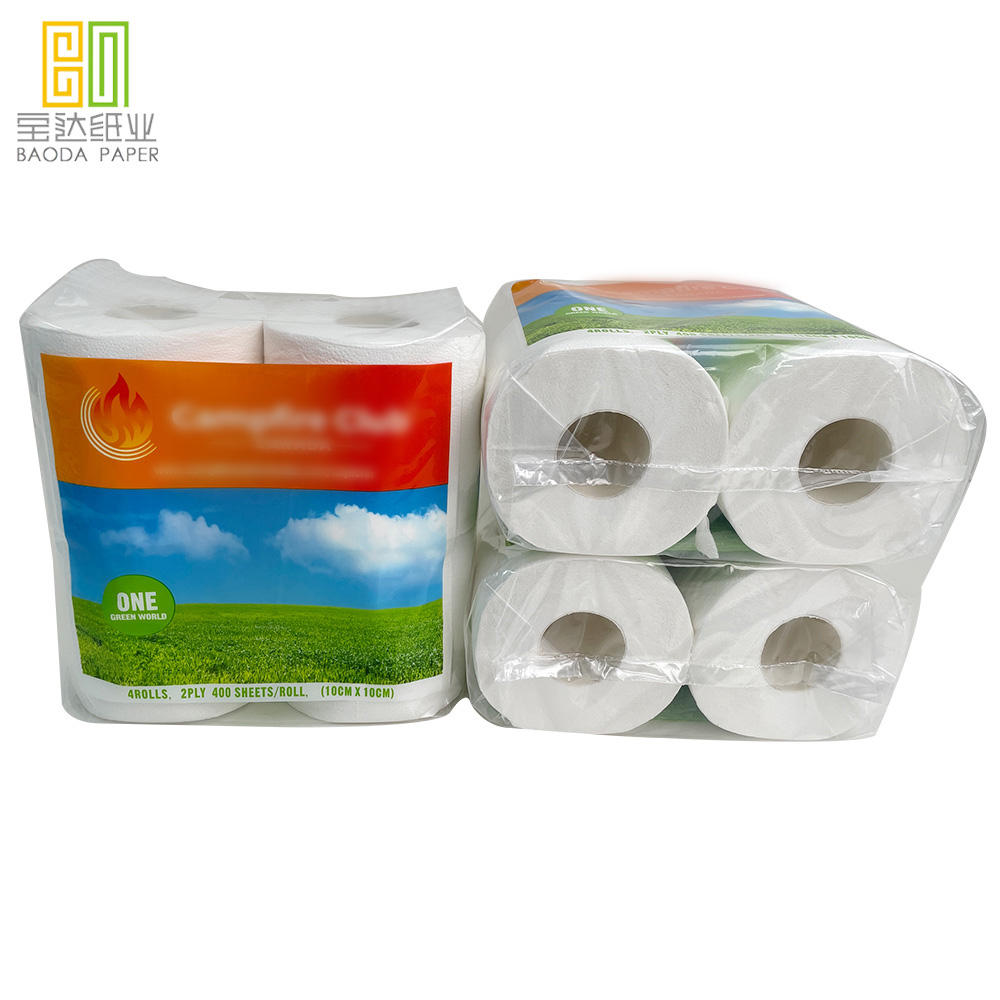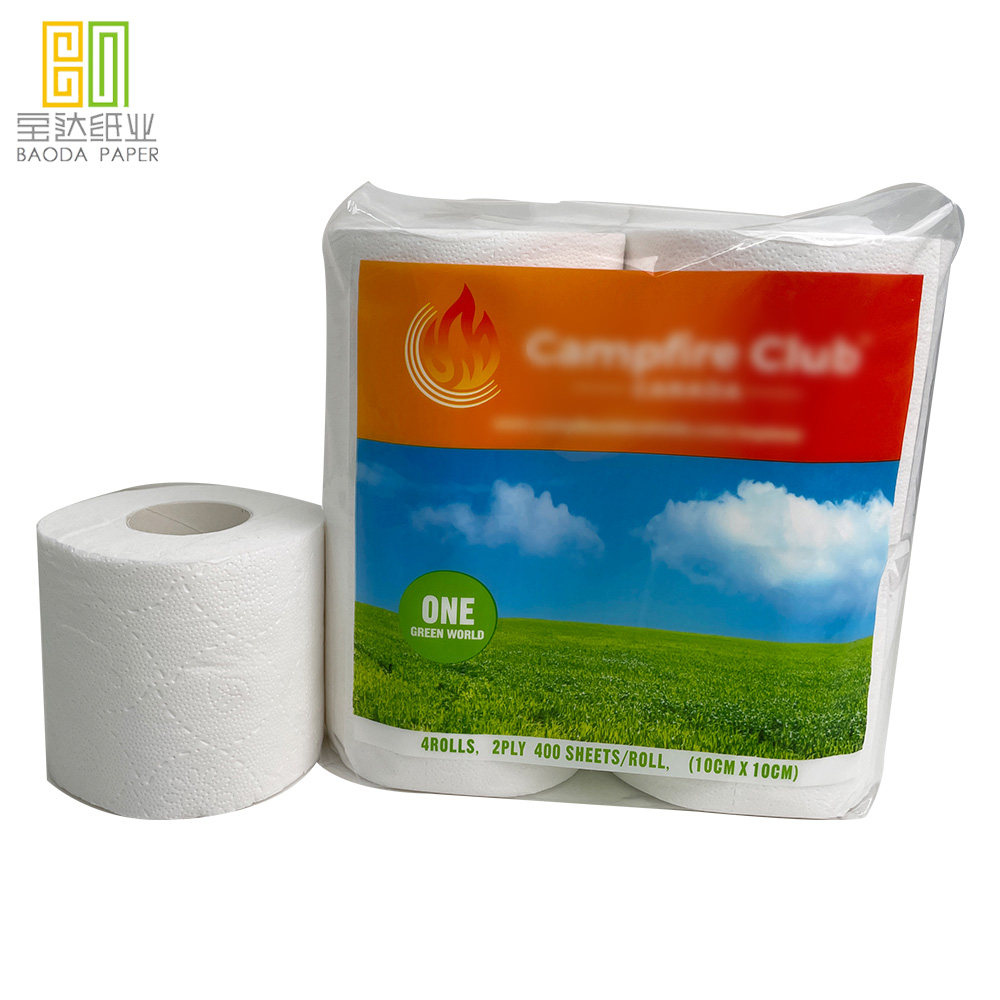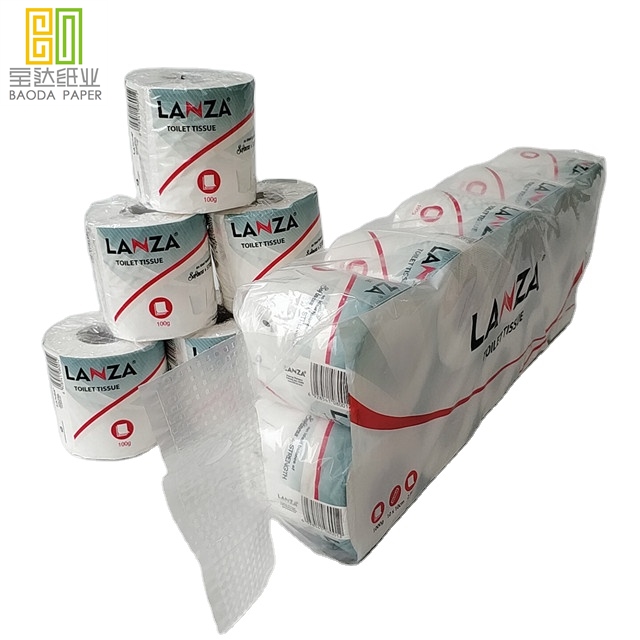Views: 0 Author: Site Editor Publish Time: 2025-05-09 Origin: Site
The pulp and paper industry plays a crucial role in modern life. It produces essential materials used around the globe, from printed media to packaging to hygiene products. Within this expansive industry, terms such as “pulp paper,” “jumbo roll tissue,” and “jumbo roll tissue paper” are gaining more attention due to increasing demand. This article explores the intricacies of pulp and paper, highlights the significance of jumbo roll tissue products, and provides insights into their production and applications.
Pulp and paper refer to materials derived from the pulping process, which involves converting natural raw materials like wood, recycled paper, and agricultural residues into a slurry-like mixture. This pulp is then processed and refined into various paper products. The foundation of the pulp and paper process lies in breaking down raw materials into fibers before reconstituting them into the desired form. This process not only leads to the production of everyday items like notebooks, packaging, and tissue rolls but also ensures the sustainability and recycling of resources. Different types of pulp are produced to create specific products. For example:
Chemical pulp involves breaking down fibers using chemicals to produce strong, durable paper. Mechanical pulp retains more of the material’s natural properties but is less resilient. Recycled pulp is derived from used paper material, emphasizing eco-friendly practices.


Pulp is a fibrous substance created from breaking down natural materials. It’s the raw material needed to make paper.
Paper is the product derived from processing pulp. It comes in varying weights, sizes, and finishes based on the intended use.
A jumbo roll tissue is a large roll of tissue paper used as a base material for cutting and converting into smaller tissue products like napkins, facial tissues, and toilet rolls.
While similar to jumbo roll tissue, jumbo roll tissue paper refers specifically to tissue paper products prepared for conversion into consumer or industrial use.
The production of pulp and paper involves several essential steps:
The process begins with the collection of raw materials like wood logs, bamboo, or recycled paper. These are transported to pulp mills for initial processing.
Pulping breaks down raw materials into individual fibers. Depending on the type of pulp being produced, this step might use mechanical, chemical, or semi-chemical processes.
Bleaching removes the natural coloration of the fibers, producing white or light-colored pulp used for various types of paper.
The refined pulp is pressed, dried, and cut into sheets or rolls. Special additives may be introduced at this stage to tailor the paper’s properties.
The finished product is cut to size, smoothed if necessary, and packaged before distribution.
Jumbo roll tissue is a critical product in the tissue paper market. These large rolls serve as the foundation for a wide variety of tissue paper products used daily.


Jumbo rolls reduce manufacturing costs by consolidating production. Companies can produce tissue products at a high scale with greater efficiency.
Tissue rolls can be converted into multiple end products, including toilet paper, napkins, and cleaning wipes. This flexibility makes jumbo rolls invaluable to manufacturers.
Many jumbo roll tissues are made from recycled or sustainably sourced materials, aligning with global trends to reduce waste and promote ecological balance.
Jumbo roll tissue paper finds use across diverse industries:
Hygiene: Toilet rolls, hand towels, and facial tissues in homes and public facilities.
Healthcare: High-absorbency materials for hospitals and clinics.
Hospitality: Napkins and table covers in restaurants and hotels.
Industrial Use: Cleaning and wiping materials in manufacturing units. The demand for products like jumbo roll tissue paper has grown substantially, especially in regions with increasing hygiene standards and disposable income.
Traditionally, the paper industry had a significant environmental footprint. With advances in technology, however, it has adopted more sustainable measures. Some initiatives include:
Using recycled fibers to reduce deforestation. Improving energy efficiency in production plants. Employing eco-friendly chemicals during processing.
Reducing water usage and treating wastewater effectively. Many companies specializing in jumbo roll tissue production have adopted similar methods to maintain environmental standards while meeting increasing consumer demand.


To help understand the differences between jumbo roll tissue and regular tissue products, here’s a table comparison:
| Feature | Jumbo Roll Tissue | Standard Tissue |
|---|---|---|
| Size | Large rolls measuring dozens of meters | Small sheets pre-cut or folded |
| Primary Use | Used as a base material for conversion | End-user consumption |
| Cost | Cheaper due to reduced processing | Higher due to additional packaging |
| Applications | Manufacturing and high-use scenarios | Daily household or personal use |
| Sustainability Potential | Greater due to bulk production | Depends on the manufacturing brand |
Chemical pulp uses chemical treatment to separate fibers, resulting in a stronger material. Mechanical pulp, on the other hand, physically grinds wood into fibers, retaining more lignin but producing a weaker pulp.
Yes, many manufacturers prioritize sustainability by sourcing recycled materials and using environmentally conscious production practices.
Tissue products play a crucial role in maintaining cleanliness and sanitation. They are disposable, reducing the risk of contamination and spreading germs.
Companies can partner with reputable manufacturers specializing in bulk production, such as Baoda Paper. Collaborating with reliable businesses ensures consistent quality and supply.
Advancements in recycling technology, sustainable practices, and increased global demand indicate steady growth for the pulp and paper sector.
If you are a business searching for high-quality jumbo roll tissue or other paper products, Baoda Paper is your trusted solution. Baoda Paper stands out for its commitment to quality, affordability, and environmental responsibility. With years of experience in the pulp and paper industry, the company offers tailored solutions to meet your specific requirements. Contact Baoda Paper today for inquiries and orders at:
Email: sale@baodapaper.com
Phone: +86-750-6895212
Baoda Paper ensures customer satisfaction while maintaining strong ecological and ethical principles. Partner with Baoda and benefit from products that align with your organization’s values and needs.
Pulp and paper are integral to our daily lives. From jumbo roll tissues to recycled paper, their applications touch every industry. By choosing sustainable practices and reliable partners like Baoda Paper, businesses can leave a positive impact while meeting consumer demands.
| | Address: Xinyuan Industrial Development , Xinhui District , Jiangmen City, Guangdong province , China |
| | Custom Support & Sale: +86-750-6895212 |
| | phone: +86-13380963281 |
| | E-mail: sale@baodapaper.com??????? |